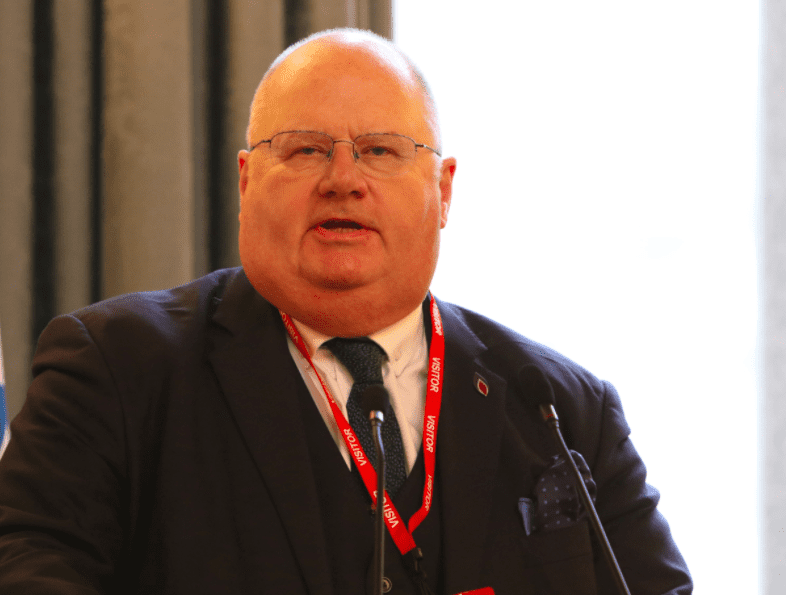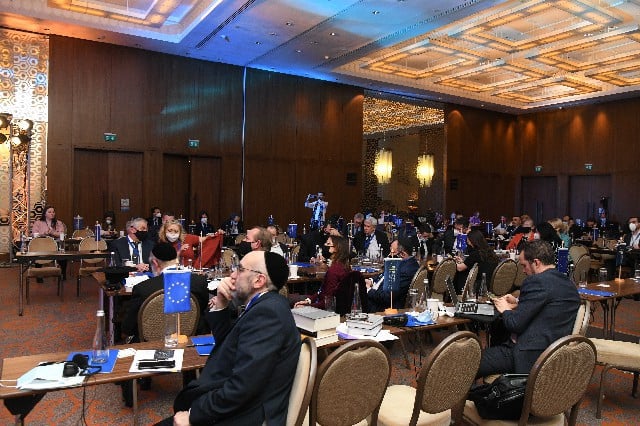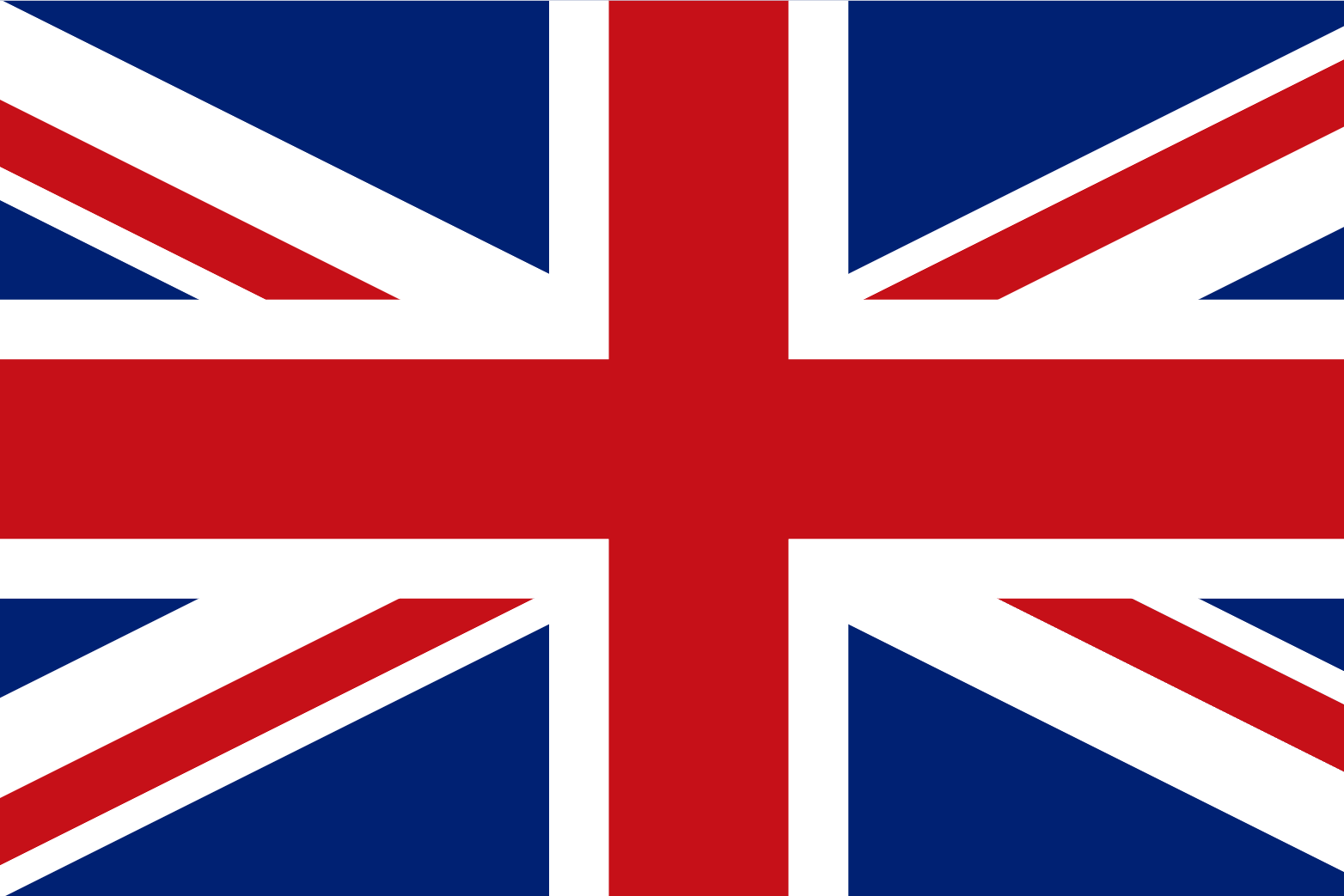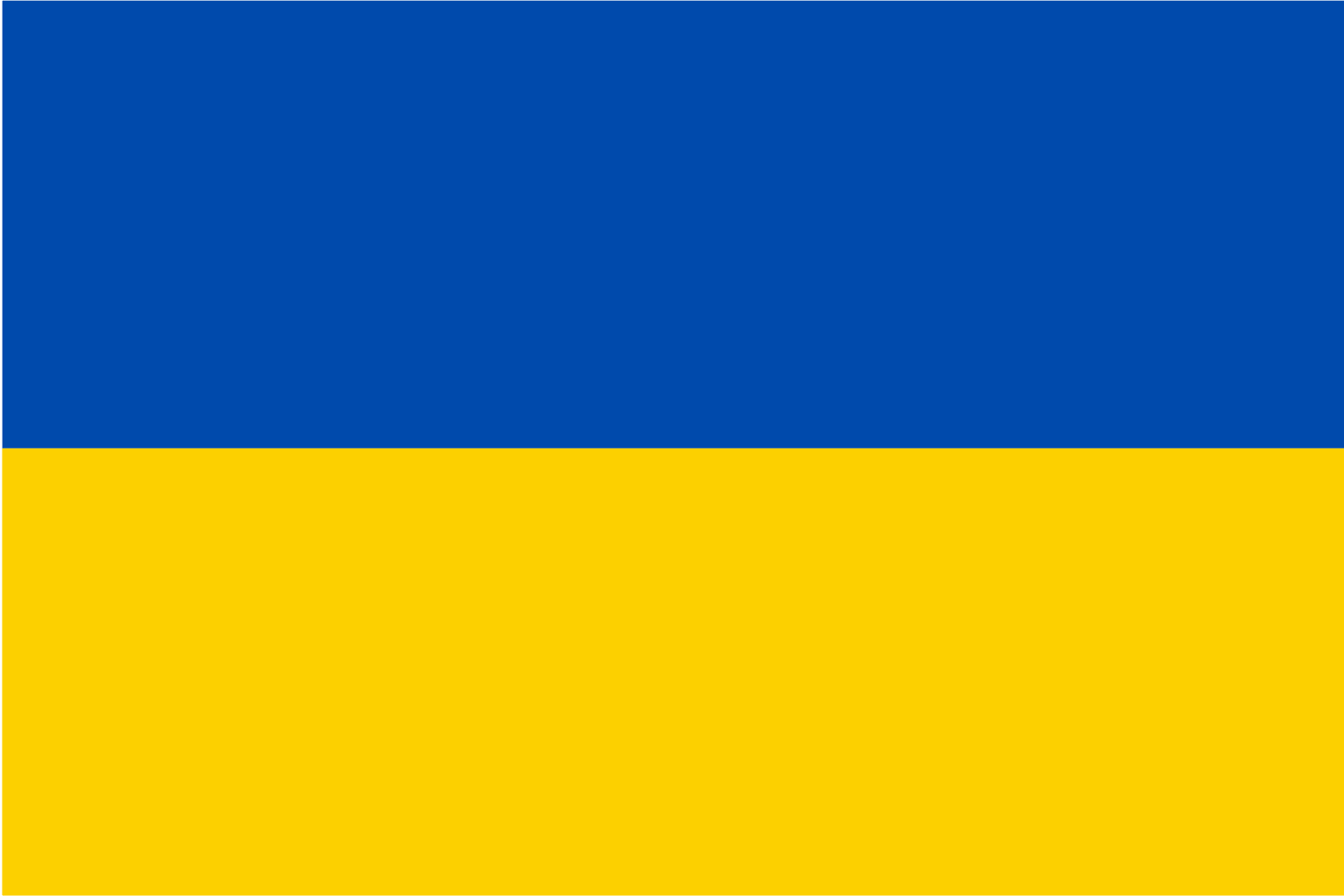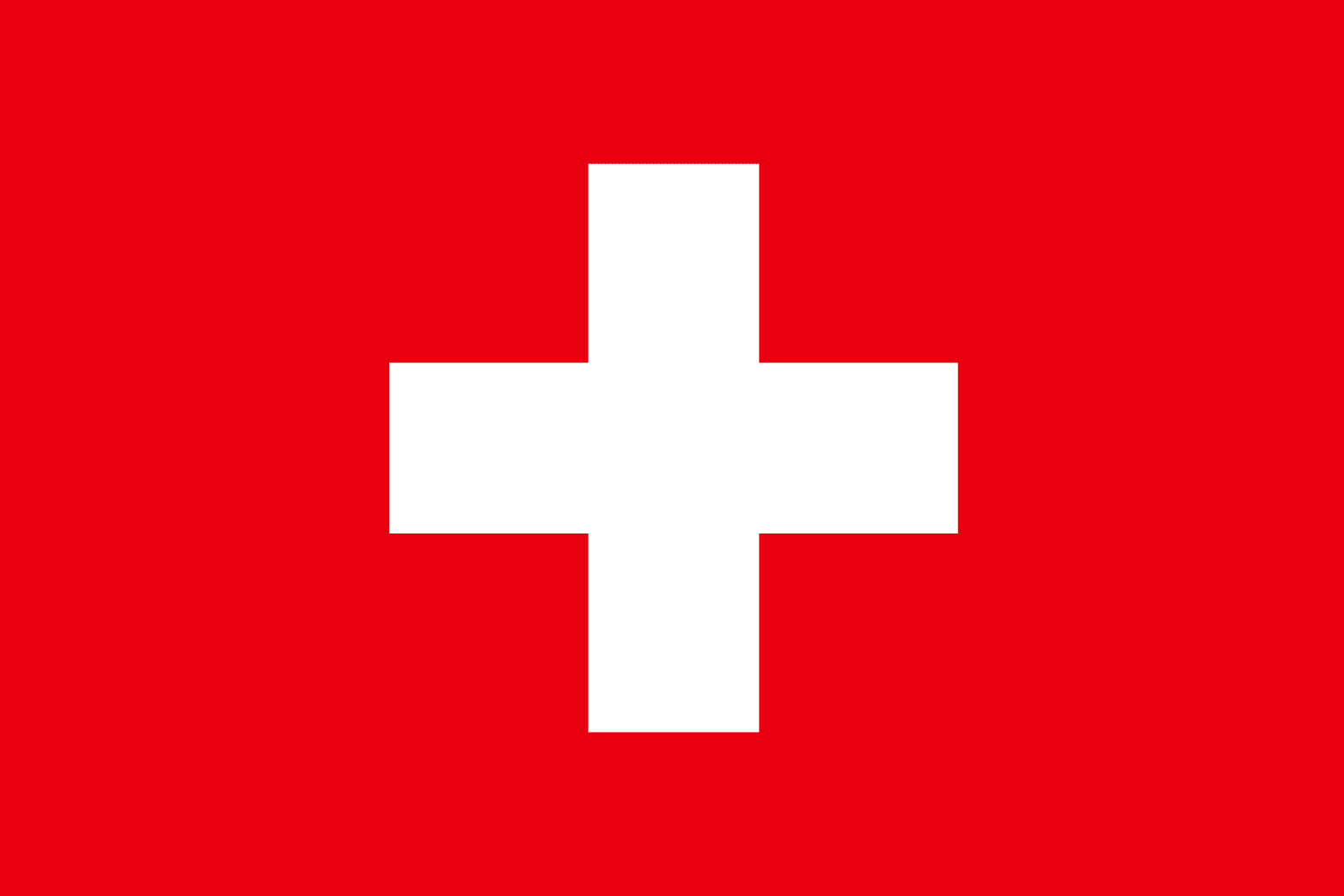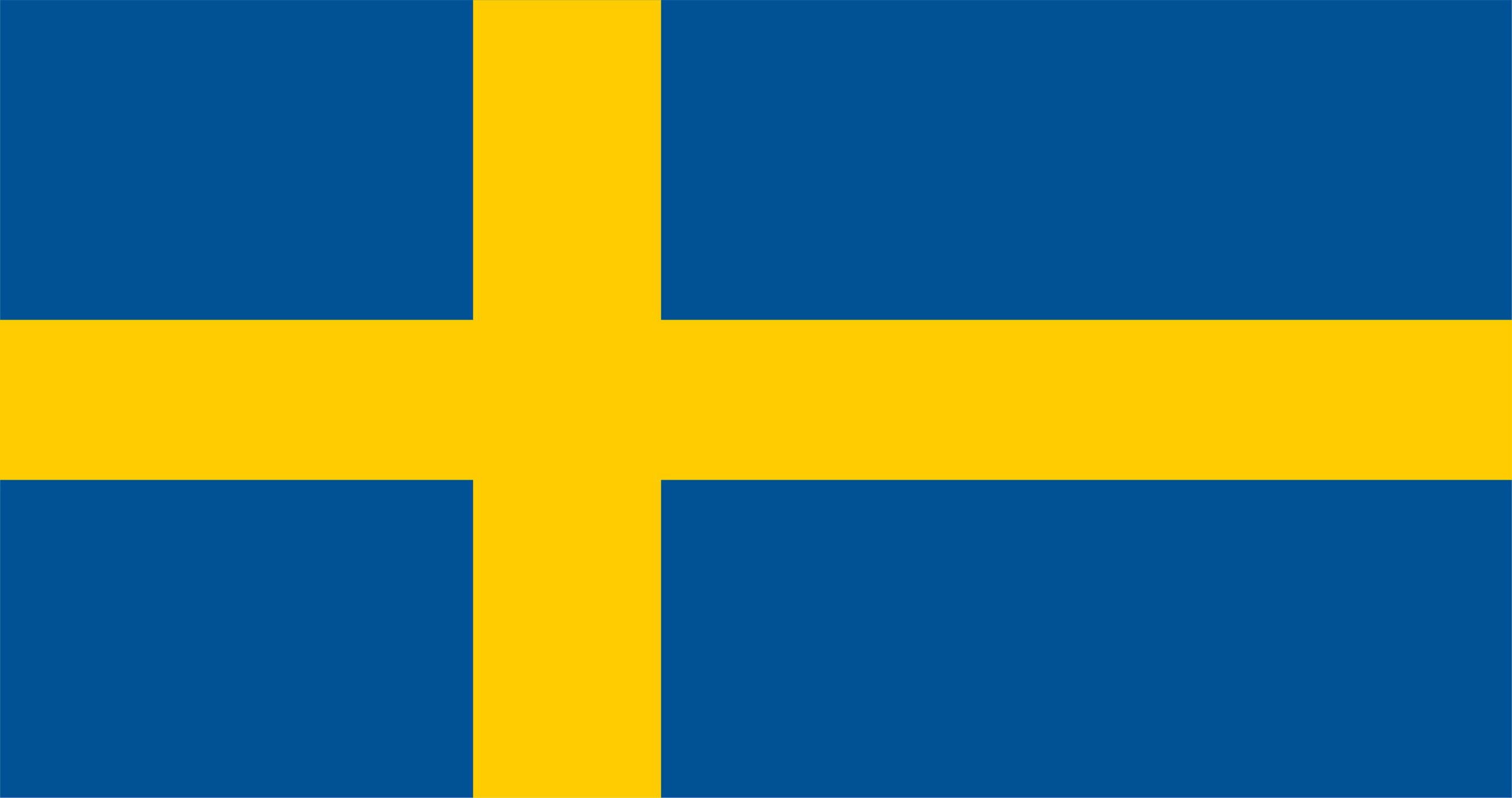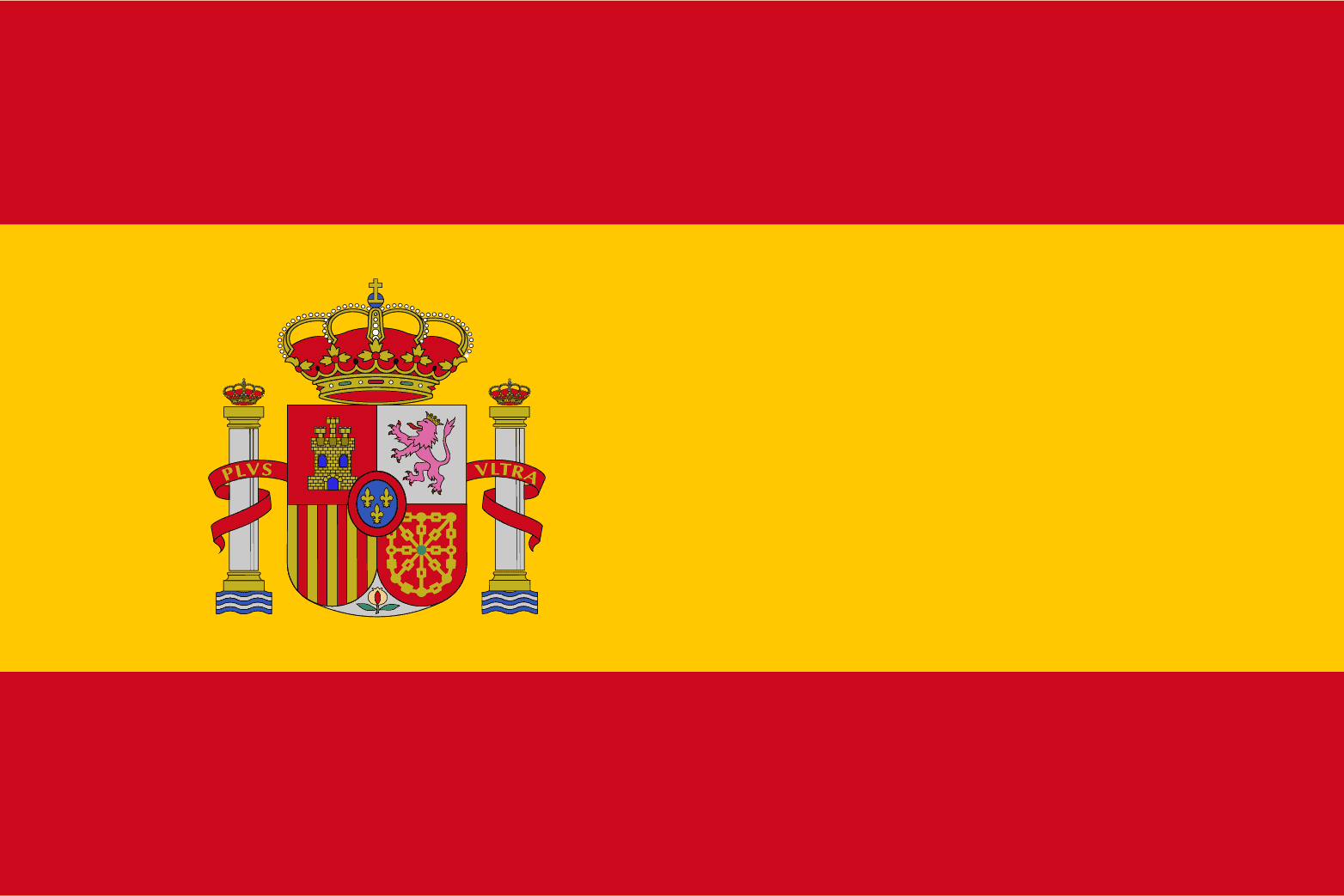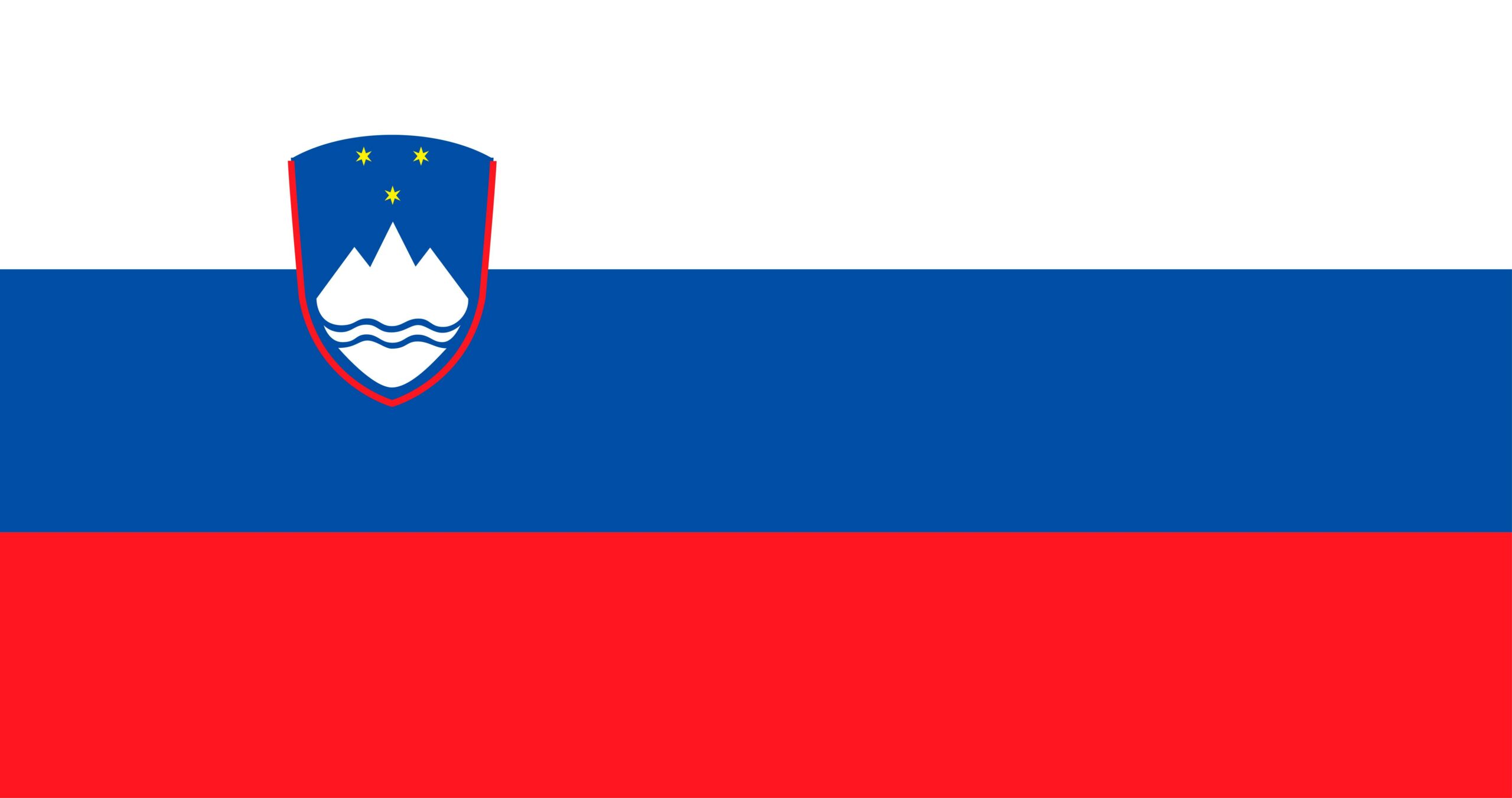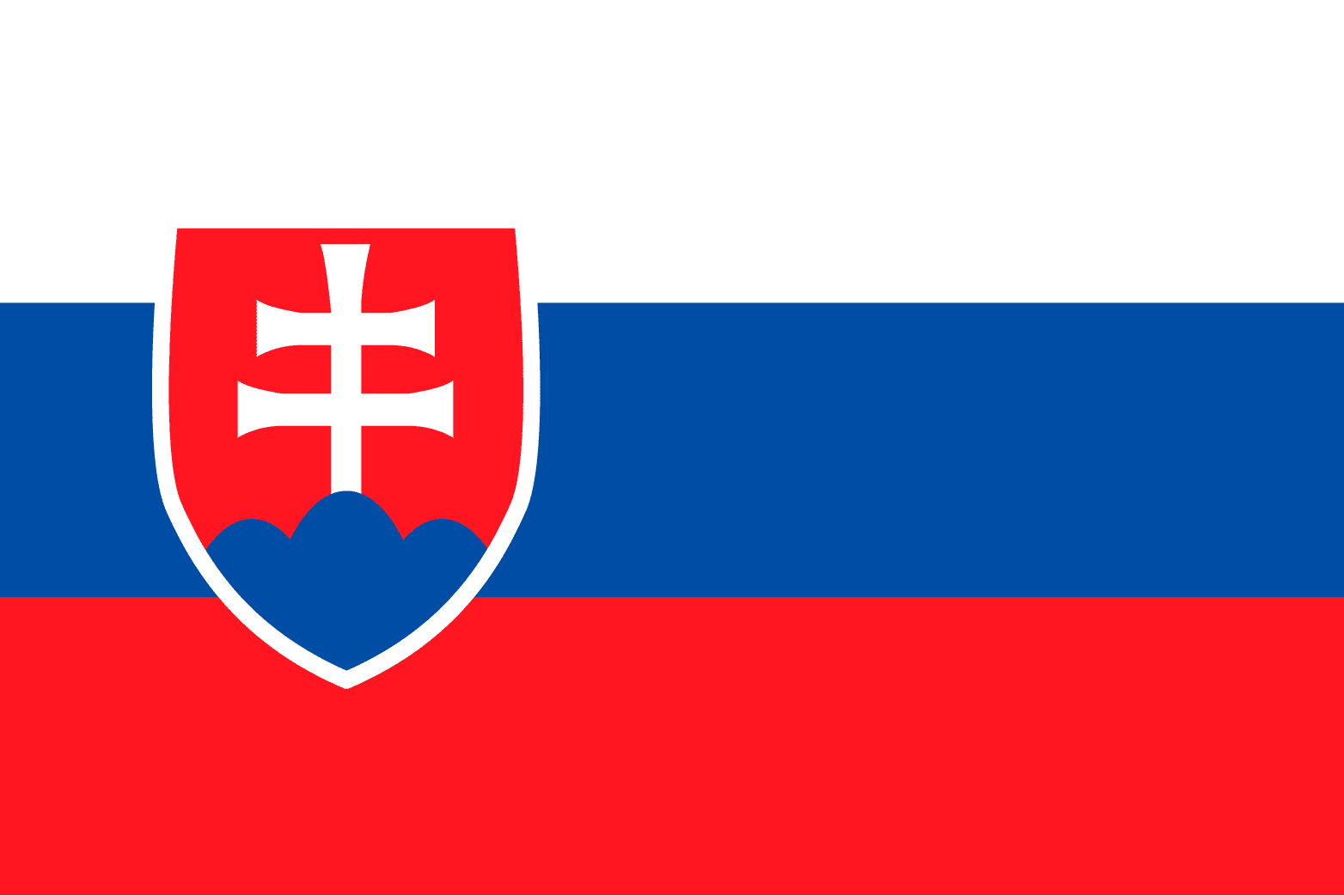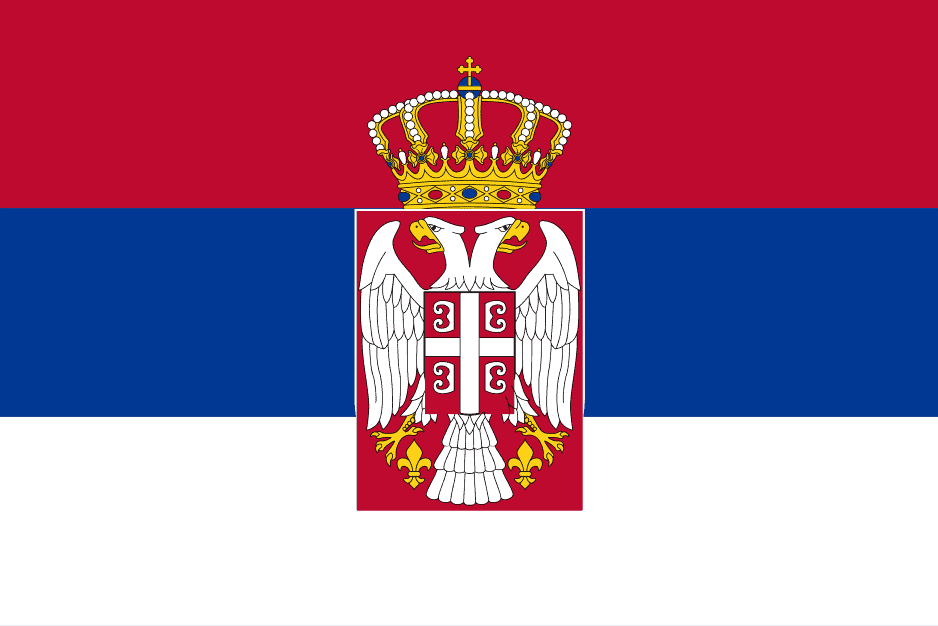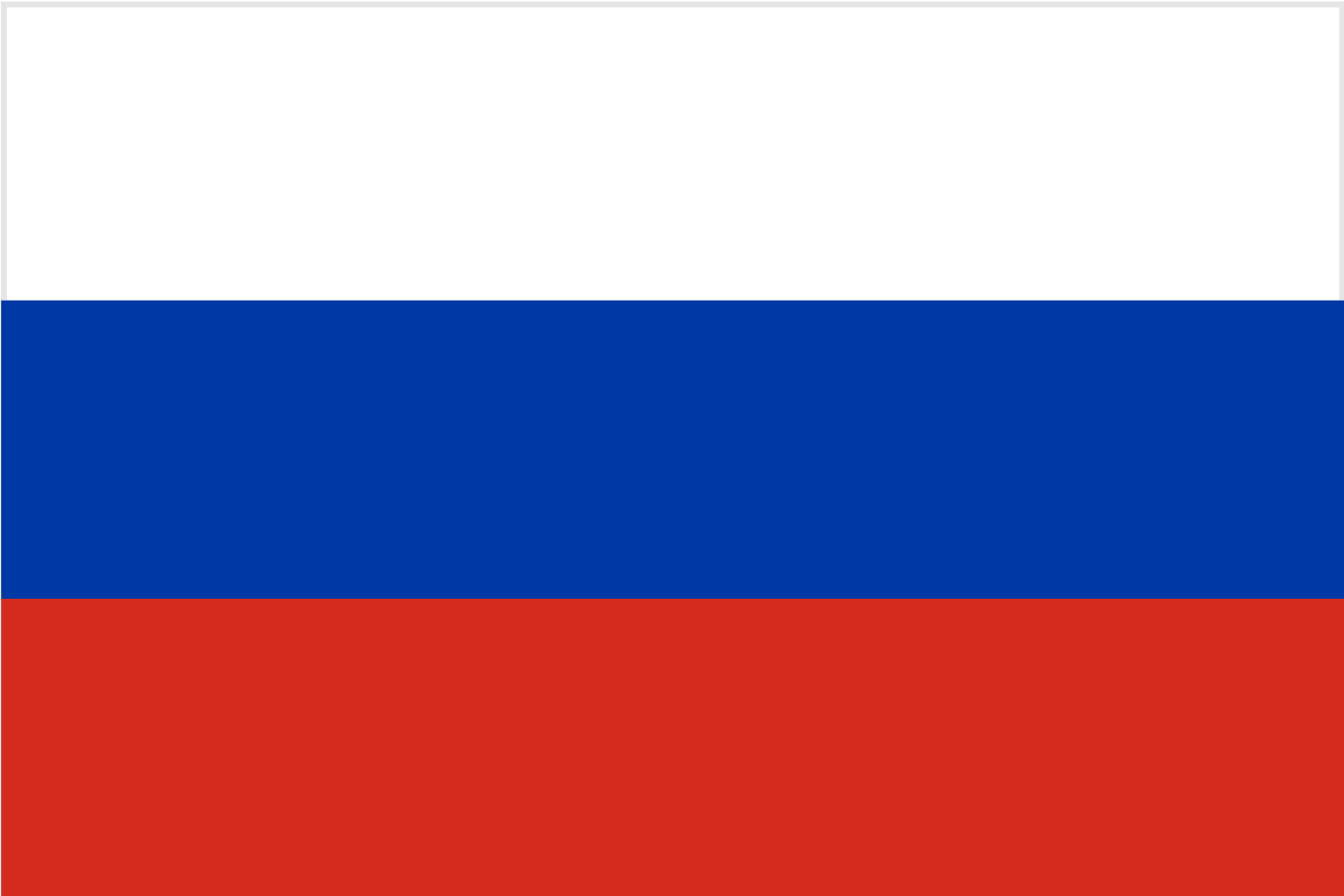Britain would be diminished if Jews began to leave the country, Sir Eric Pickles, the United Kingdom’s special envoy for post-Holocaust issues, told The Jerusalem Post on Thursday during an interview at the British Embassy in Tel Aviv.
Pickles was referring to a recent study by the Institute for Jewish Policy Research, which found that around 2% of British adults can be categorized as “hardcore” antisemites, and antisemitic ideas can be found at varying degrees of intensity across 30% of British society, with that number agreeing with at least one antisemitic statement about Jews.
“We need to address the casual acceptance of some of the old [antisemitic] tropes,” Pickles said. “I feel strongly about this because Judaism is a fundamental part of the British identity. If we were to see, as France has seen, Jews starting to leave the country, we would be diminished – we wouldn’t be Britain anymore. It’s not the old cliché about Jews being the ‘canary in the coal mine,’ it’s about what makes Britain tick – and without Jewish people, Britain would not tick properly.”
Pickles was in Israel to attend the sixth Global Forum for Combating Antisemitism, held in Jerusalem from Sunday to Wednesday.
Pickles said that while there is a wave of antisemitism across Europe of which Britain is not immune, “it would be a gross exaggeration to say that Jewish people in Britain are unsafe.” He noted that while there has been a rise in antisemitic incidents, most of them are nonviolent.
However, he said, “we’re not a million miles away from what happened on the continent, and we have to ensure that our population is safe.”
The latest figures released by UK antisemitism watchdog the Community Security Trust found that the number of antisemitic hate incidents in the country reached a new high in 2017.
“We do have the courage to produce these figures, which a lot of countries don’t,” Pickles said.
With regard to Labour Party leader Jeremy Corbyn, Pickles says that when asked whether he thinks he is an antisemite, his response was: “I have no idea, but he should stop surrounding himself with antisemites.”
He described the Chakrabarti report – which cleared the Labour Party of charges of institutional antisemitism – as a “disgrace,” and alluded to a documentary that is in the making about information that was allegedly repressed from the inquiry.
Pickles said the situation of the Labour Party is “deeply worrying” and stressed that he is a first-generation Tory, whose great-grandfather helped found the Independent Labour Party in Bradford. “So despite the fact that I’ve been a Tory for the last 50 years, I do have some attachment [to the Labour Party] and it’s heartbreaking,” he said.
“There is a big battle going on for the soul of the Labour Party, which the extreme Left seems to have won,” he lamented.
Pickles, who used to be the chairman of Conservative Friends of Israel, noted that the group has a close relationship with Labour Friends of Israel. “They’re fighting a difficult battle,” he said.
Nonetheless, Pickles is optimistic: “We will beat the antisemites.”
Britain’s fight against antisemitism, includes millions of pounds that go into protecting Jewish institutions and events every year, Holocaust education on the national school curriculum and a plan for a new national Holocaust memorial, which will stand next to Parliament and is expected to be completed by 2022.
The article was published on The JPost
Malmo, which has a high concentration of Syrian, Lebanese, Iraqi and Iranian migrants, is known as a focus for anti-Israel protests, which occur on a weekly basis and frequently include incitement, calls to attack Jews and Israelis and the burning of Israeli flags.
By EJP and JNS
The 2024 Eurovision Song Contestwill be held in the Swedish city of Malmo on 7-11 May.
In light of this event, the National Security Council (NSC) is upgrading the travel warning for Malmo (but not the travel warning for Sweden as a whole) from Level 2 (potential threat) to Level 3 (moderate threat) and recommends that Israelis due to arrive in the city reconsider the necessity of the trip.
The travel warning is for the period of the Eurovision and is subject to an assessment of the situation.
Malmo, which has a high concentration of Syrian, Lebanese, Iraqi and Iranian migrants, is known as a focus for anti-Israel protests, which occur on a weekly basis and frequently include incitement, calls to attack Jews and Israelis and the burning of Israeli flags.
It should be noted that on October 7, anti-Israel elements were openly joyful over the massacre that Hamas perpetrated in Israel.
In addition to the protests in Malmo, in recent months there has been an upsurge in calls by global jihadist and radical Islamic elements to carry out attacks against Western targets, including focused threats against Israelis and Jews around the world, while emphasizing targets with a high media profile. It should be noted on 19 March, the arrest of ISIS operatives who were planning to carry out an attack on the Swedish parliament.
These developments raise the tangible concern that terrorists will exploit the protest and the anti-Israel atmosphere to carry out an attack on Israelis who will arrive for the Eurovision, the NSC said.
While the Swedish authorities have increased security in Malmo, it should be noted that unlike the Israeli delegation to the contest, Israeli visitors will not receive special security.
Visitors to Malmo are requested to download the IDF Home Front Command app in order to receive NSC updates quickly and in real-time in the event of an incident in Malmo during the Eurovision.
Israeli contestant Eden Golan prepares for the compeition
Meanwhile, Israeli Eurovision contestant Eden Golan landed in Malmo on Tuesday to prepare for the competition.
“I feel like the main message is that we are here, we are strong, we will show our voices, the warmth, the strength and the emotion that we have inside us,” Golan told JNS.
“There are truly so many people who support us, people who like the song, are there for us and love us. We are a huge family and we want to spread good, love and unity,” she added.
The Eurovision Song Contest is an internationally televised songwriting competition comprising three live shows: two semi-finals and a grand final.
All songs must be original and no more than three minutes in length. Lead vocals must be performed live, and no more than six performers can take to the stage during any one performance.
In each show, after all songs have been performed, each country participating awards two sets of points (1, 2, 3, 4, 5, 6, 7, 8, 10 and 12) to their favorite songs; one set is awarded by a jury of five music industry professionals and one is awarded by viewers.
The five countries in each semi-final with the most points advance to the grand final.
Last year, Israeli pop star Noa Kirel finished in third place in the Eurovision final in Liverpool, behind Sweden and Finland. She was aiming to become the fifth Israeli to win the song contest since the Jewish state first entered the annual event in 1973 and the first since Netta Barzilai and her song “Toy” won in 2018.
Past winners include Izhar Cohen and Alphabeta in 1978, with the song “A-Ba-Ni-Bi,” Milk and Honey in 1979 with “Hallelujah” and Dana International in 1998 with “Diva.”
This year, Eden Golan, 20, will represent the Jewish state in the second semifinal on May 9. The grand final will take place on May 11.
The coming days will be busy ones for Golan.
“Each day revolves around Eurovision, from rehearsals and vocal lessons to interviews, photoshoots and fittings to prepare the wonderful outfits that I will be wearing on stage,” she said.
“I am concentrating on our goal: to give a great performance, and I am constantly working towards it,” she added.
Organizers of the Eurovision Song Contest reaffirmed in February that Israel would be allowed to compete despite calls to exclude it from the competition.
“Of course, there were thoughts and uncertainties at certain points. I don’t think I really let it get to me. I was very focused, I truly wanted to believe that we would be there on stage, I visualized it, I just saw myself performing on stage,” said Golan.
“Good thoughts, good vibes, good energy; here we are now,” she added.
Rejecting parallels drawn by pro-Palestinian activists with Russia’s exclusion from the competition over its invasion of Ukraine, Noel Curran, director-general of the European Broadcasting Union (EBU), said that “comparisons between war and conflict are complex and difficult and, as an apolitical media organization, it is not our place to make them.”
In March, Israel’s Kan public broadcaster revealed the Jewish state’s final entry for this year’s contest, after the EBU had threatened to disqualify two earlier entries over perceived political messaging. A week earlier, the EBU informed Israel that Golan would be allowed to compete with “Hurricane.”
“When we finally got the news that everything was sorted out, it was amazing, it felt like a weight was lifted off my shoulders,” said Golan.
“It was exciting, heartwarming and uplifting because I really think that this year more than ever it’s important for us to be there on stage and show our voice,” she added.
The last lines of “October Rain,” one of Israel’s earlier entries, described the condition of Israelis during the Oct. 7 terror attacks, in which 1,200 people were slaughtered: “There’s no air left to breathe / No place, no me from day to day.”
In one of the verses, Golan sang the word “flowers,” which is Israel Defense Forces slang for fallen soldiers, but which does not carry that connotation for European viewers.
Israel’s second-choice song, “Dance Forever,” was an apparent reference to the massacre at the Supernova music festival near Kibbutz Re’im, where Hamas terrorists murdered 364 people on Oct. 7.
Kan has said that the final submission, set to the tune of “October Rain,” tells the story of a “young woman who is surviving a personal crisis.”
“Honestly, when the news got out to me that they did not want to approve the song, I was shocked, to say the least,” said Golan. “Now that it’s done, I’m not looking back. I know that we have a great song that will represent us proudly and that’s all that matters,” she continued.
“I am very happy with the final product. I think we have a great, powerful and emotional song that conveys so many feelings, in which every single person can find themselves and connect to it in some way or another,” Golan added.
She told JNS she is well aware of the worldwide surge of antisemitism.
In March, a London movie theater threatened to cancel the screening of the Eurovision Grand Final if Israel remains in the competition, according to Deadline.
The Rio Cinema in East London, known for its ties with Eurovision Party London, declared the decision via social media, and added that it will continue to support Palestinian charities.
“I am not naive. I know what is going on in the world. It’s not something we can really hide from,” said Golan.
“I wouldn’t say I’m scared, because I will be taken care of and the whole delegation is going to be taken care of as well. Once again I am very focused on our main goal: to give a great performance. We can’t run away from reality, sadly, but we can focus on the good,” she added.
Link: https://ejpress.org/eurovision-song-contest-in-malmo-israels-national-security-council-upgrades-travel-warning-for-the-swedish-city-mo-sweden/

